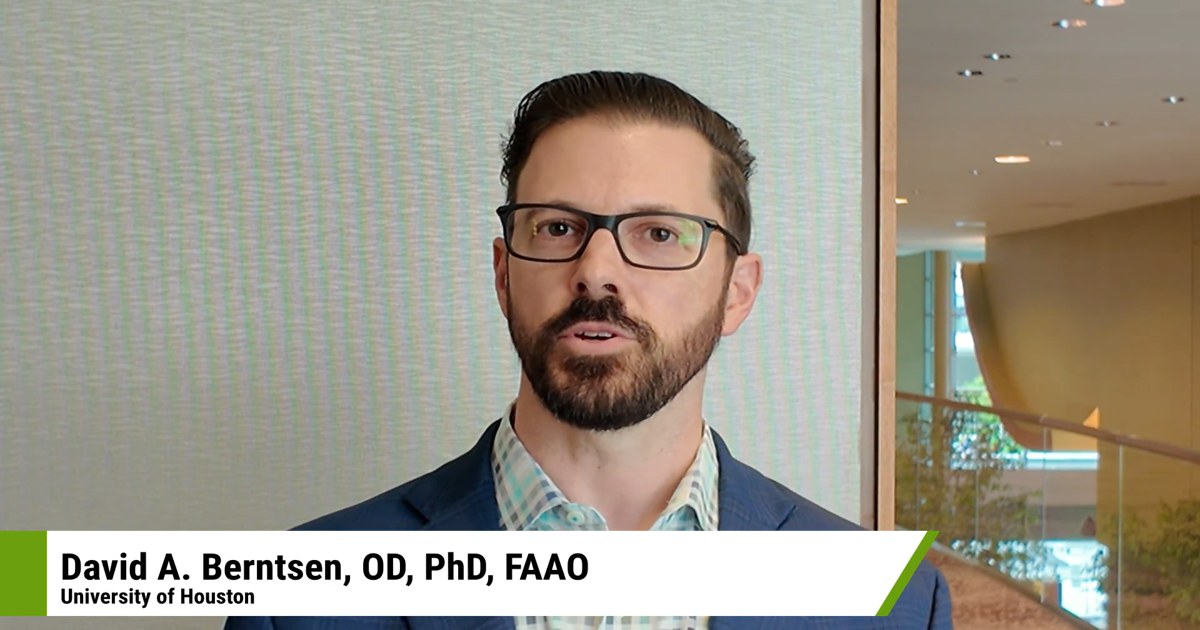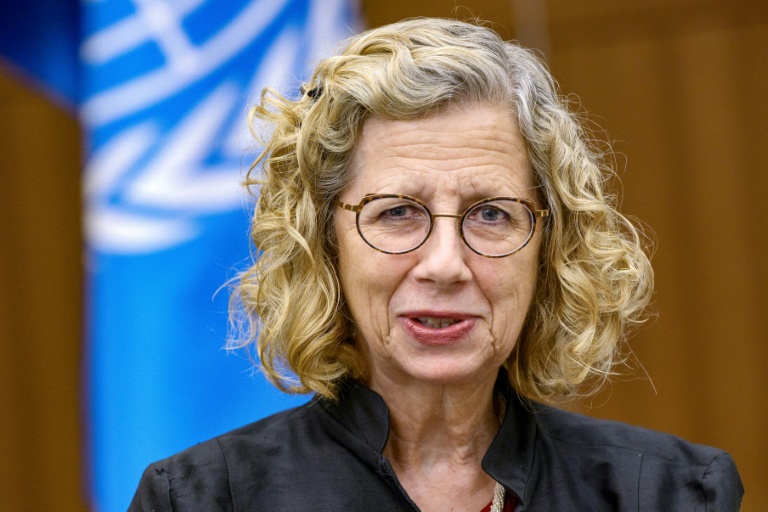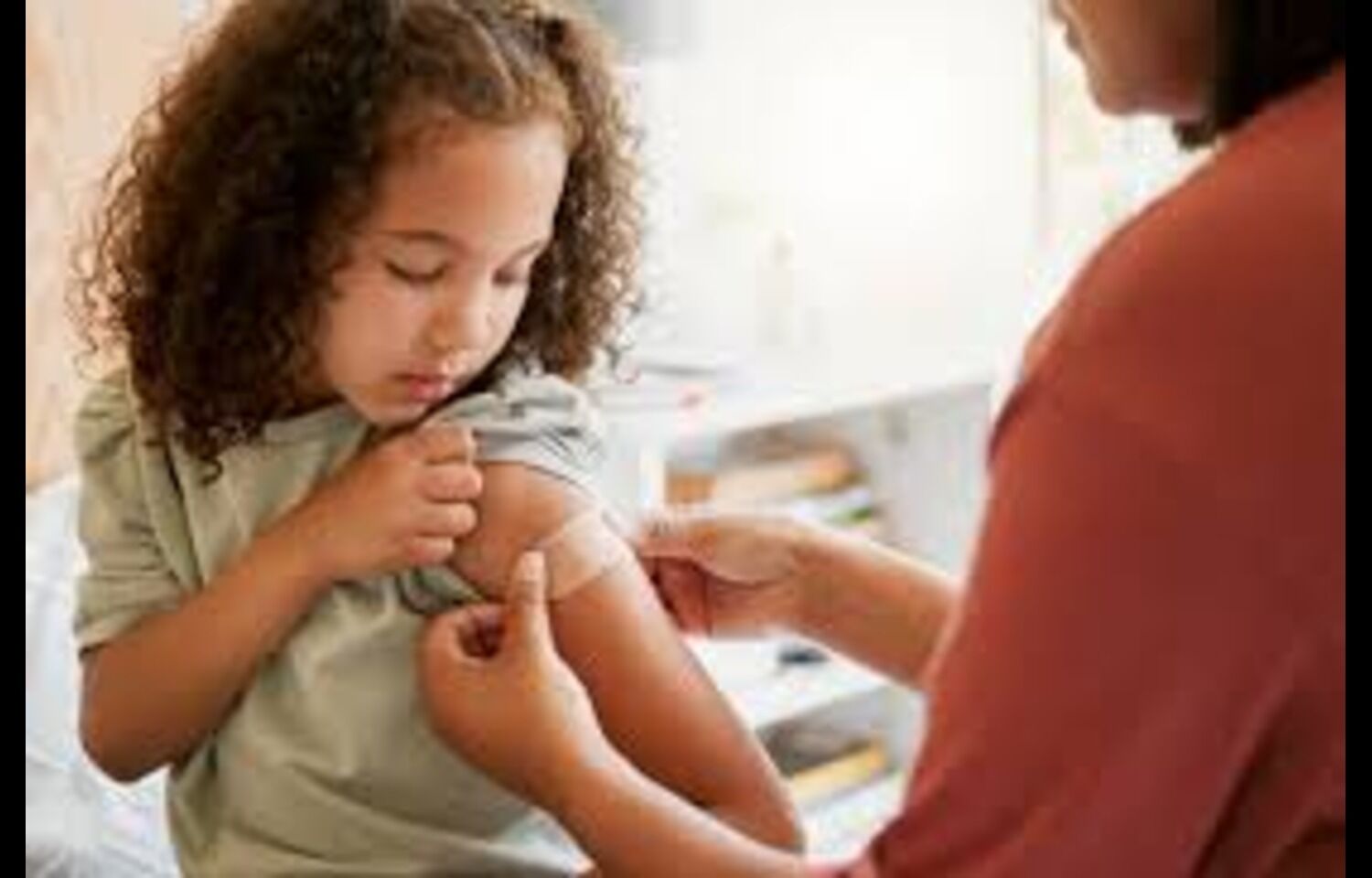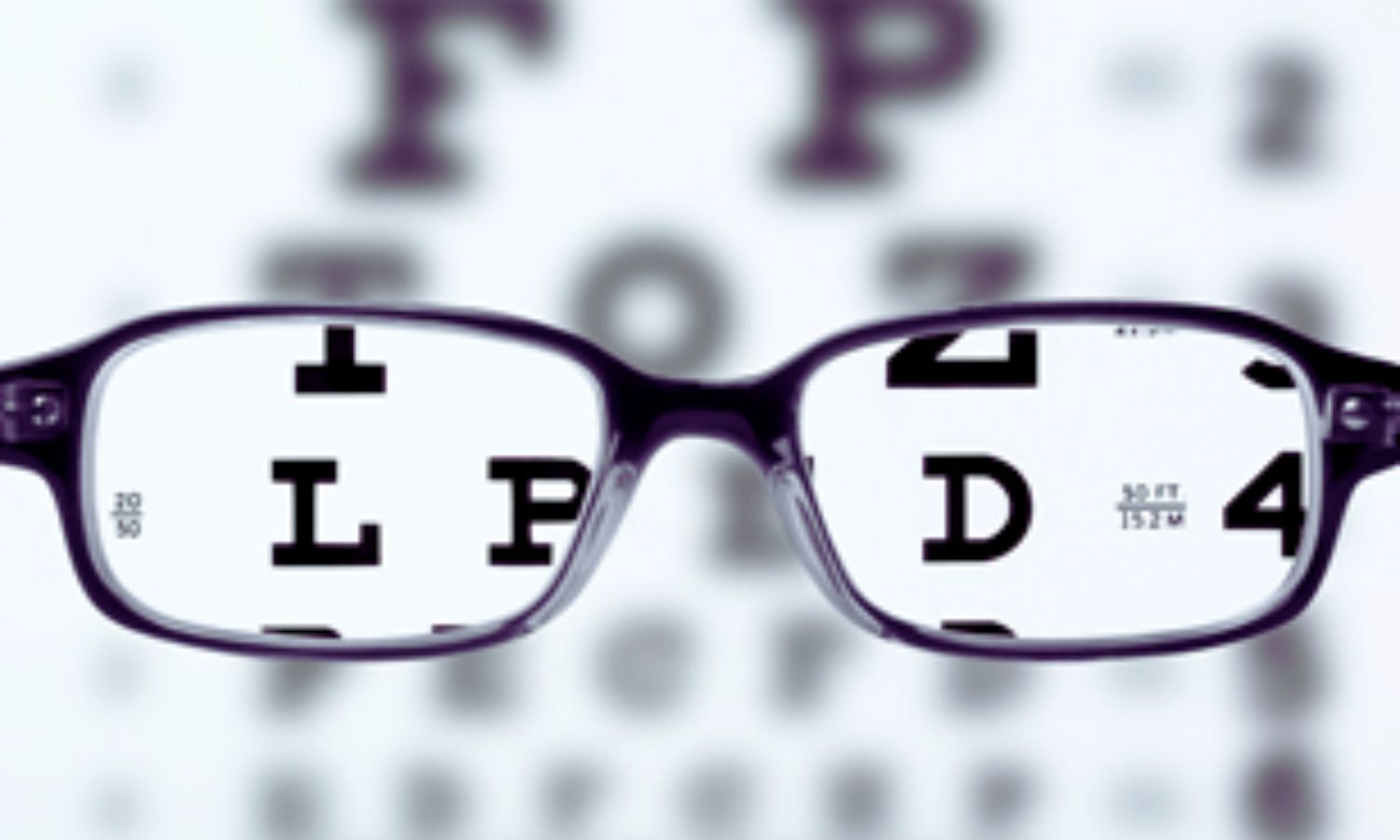Mental Health Commission published human rights-based guidance for services to help reduce stigma and prejudice
Four-in-ten people with mental health issues experience discrimination on a daily basis when accessing services, a new report has found.
The multi-stakeholder consultation by the Mental Health Commission (MHC) found that 39 per cent of service users felt discriminated against regularly, while 43 per cent of family members observed daily prejudice against loved ones when accessing mental health care.
More than half (51 per cent) of service users described stigma as a ‘big issue’ in their lives, with 48 per cent of family members describing stigma as a major challenge that impacts not only service users but their families and communities.
The consultation was carried out as part of MHC’s work in preparing new human rights-based guidance for Irish mental health services, which it has published ahead of World Mental Health Day today.
The document sets out steps to address issues around stigma and discrimination, including reducing coercive practices, strengthening informed consent, ensuring equal access to services, and supporting cultural and community inclusion.
“It is the MHC’s experience that, where mental health services adopt and implement a rights-based approach to care, there are improved outcomes for services users, as well as the staff who work in services,” said MHC director of regulation Gary Kiernan.
“We know from our inspection findings that services which prioritise human rights typically show higher levels of compliance with regulatory requirements.
“This practical guidance is evidence-based and informed by people with lived experience. It provides a common language around what good, human rights-informed care looks like and practical steps towards prioritising human rights in busy mental health care environments. The MHC encourages leaders across all mental health services to adopt and implement the guidance and the accompanying training without delay.”
The guidance introduces the RIGHTS framework, a practical tool that includes key themes such as inclusion, dignity and person-centred care that can be used to explore essential considerations and actions for implementing a human rights approach within services.
Mr Kiernan added: “By focusing on rights-based practices and openly adopting a human rights-based approach to care, services can make a real difference and help to create positive, meaningful changes. The MHC stands ready to support providers to implement the RIGHTS framework and we will monitor implementation as part of our statutory regulatory role.”
Meanwhile, a separate survey of almost 1,000 people in Ireland found that half of respondents find it difficult to talk to someone struggling emotionally, fearing that they could make the situation worse.
The online research published by the Irish Red Cross also found that more than one-in-three (36 per cent) don’t know what resources to point them towards. Two-thirds of respondents (66 per cent) said that training in basic mental health support would increase their confidence to support others.
The Irish data is drawn from a wider public survey run across five European countries by the International Federation of the Red Cross & Red Crescent (IFRC).
Although the Irish data results reflect lower anxiety than the other countries surveyed, one in six (16 per cent) people worry regularly (daily or weekly) about being caught up in a war. However, just 11 per cent feel mentally prepared for a crisis, placing Ireland below the regional average at 13.5 per cent.
“Mental and psychosocial support is essential in every emergency,” said Irish Red Cross general secretary Deirdre Garvey.
“Our experience of recent crises – for example, the horrific Creeslough explosion in Donegal, the fire in Wexford hospital, supporting people severely affected by Storm Éowyn and Ukrainians arriving here seeking safety – is how important and effective psychosocial support is in helping communities rebuild their resilience and recover stronger.”










